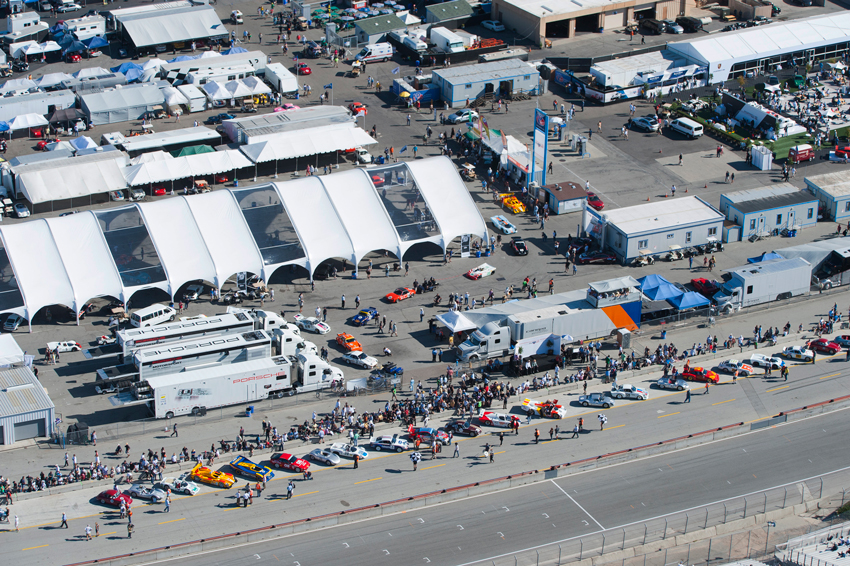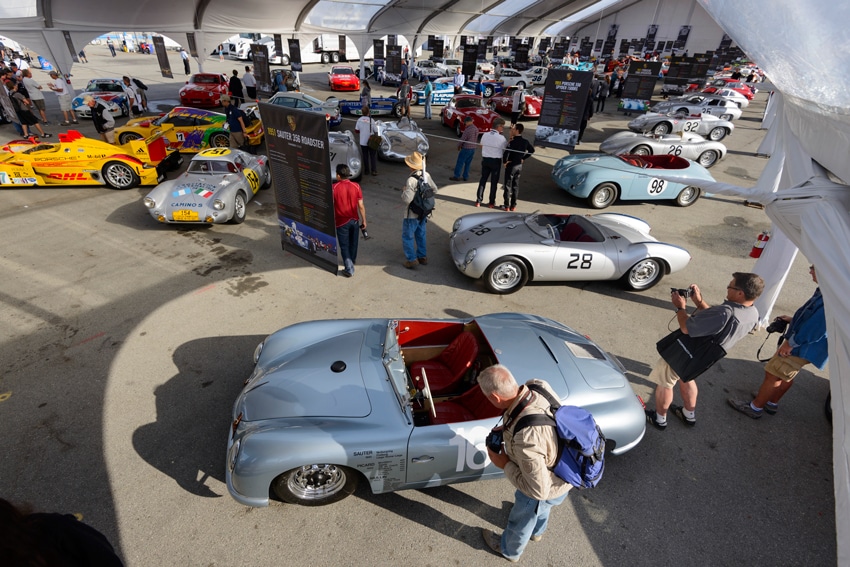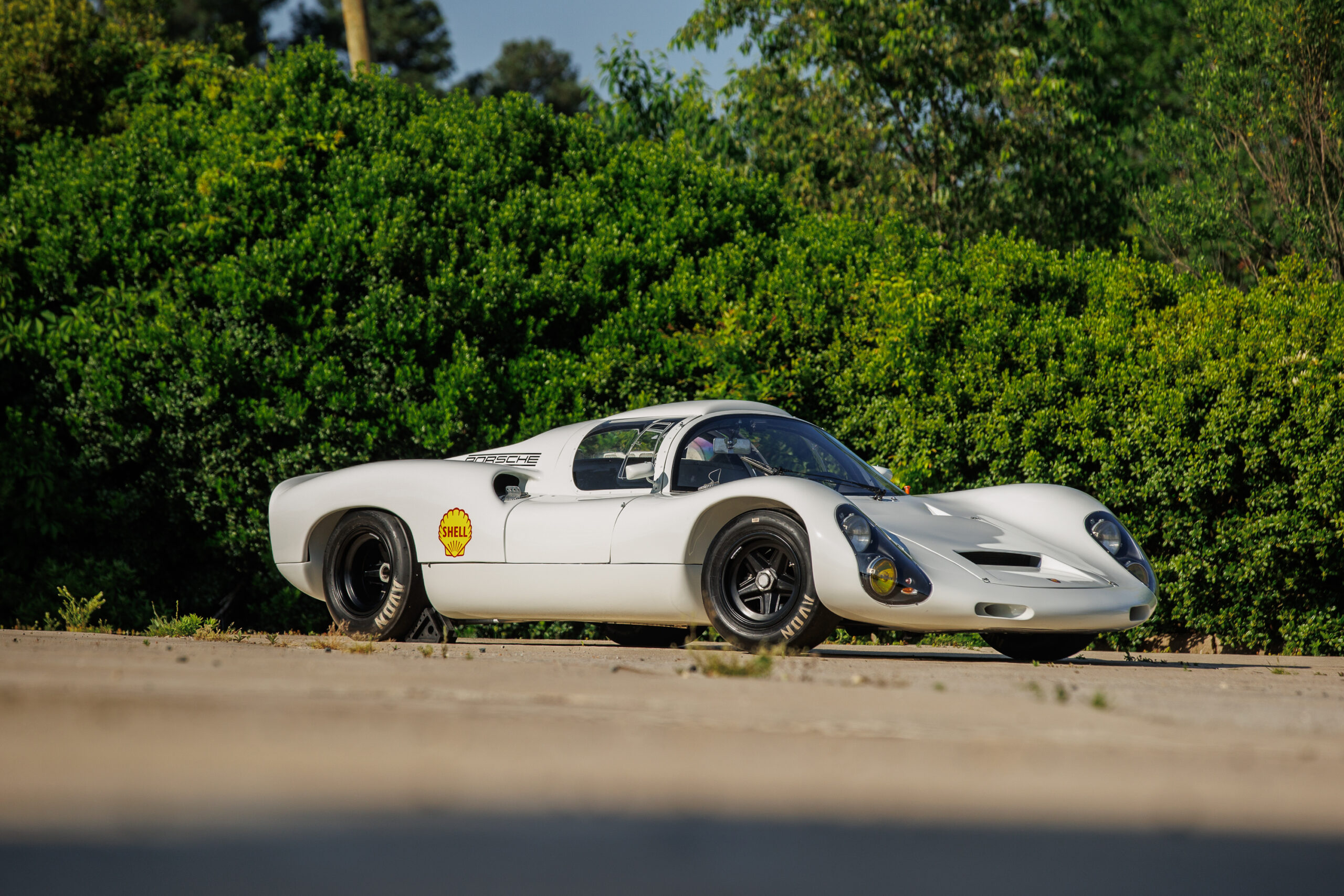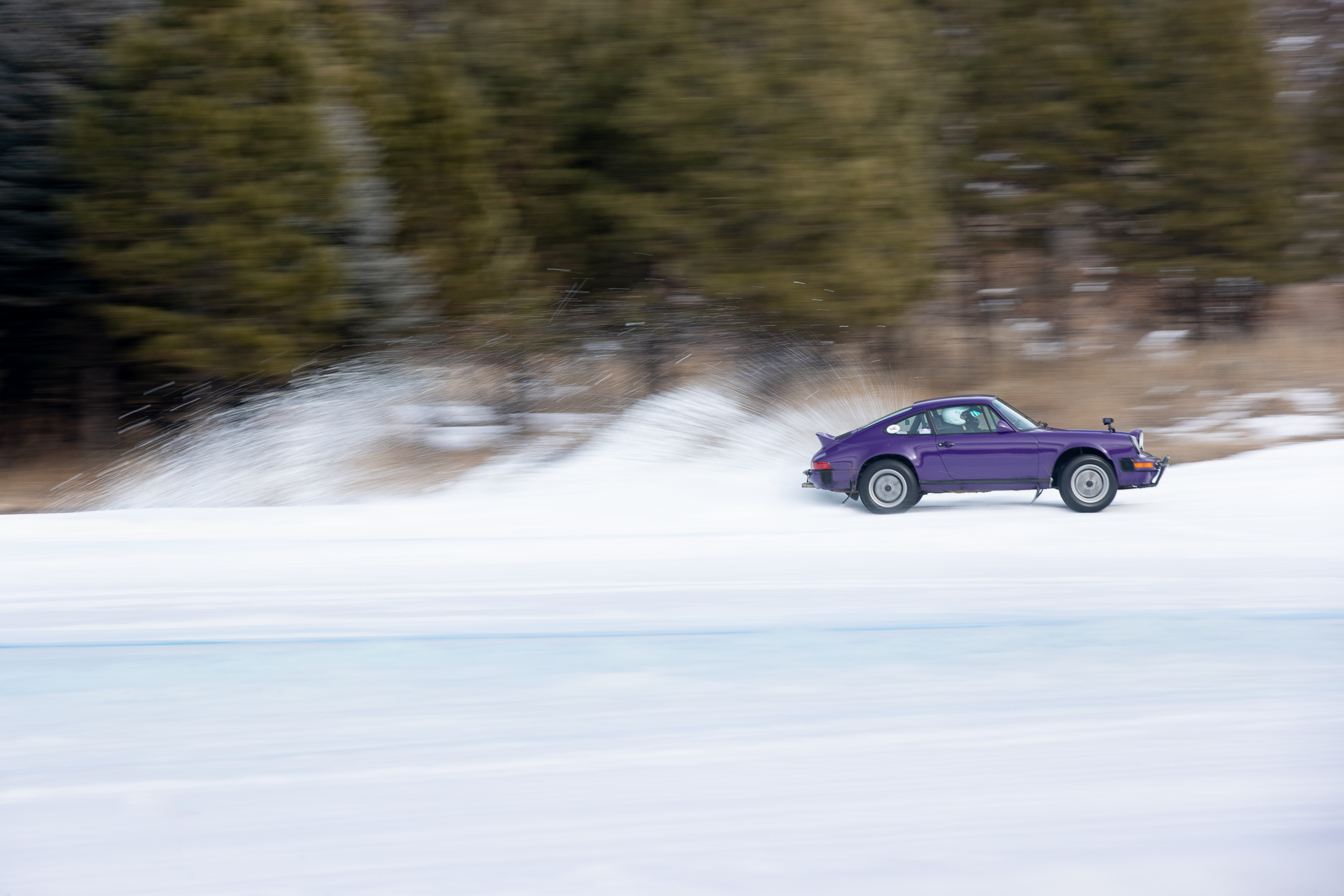Walking into the event very early, a first timer asked “I’ve never been to one of these; what should I look for?” The Rennsport veteran paused, trying hard to answer adequately without giving too much away. He looked at the newcomer. “You look like you’re old enough to remember The Beatles. Let me put it like this: you’re Lucy” He pointed toward the paddock area, “That’s the sky.” He took a breath and pointed toward the Legends of Le Mans display, “Those are the diamonds… Have fun!”
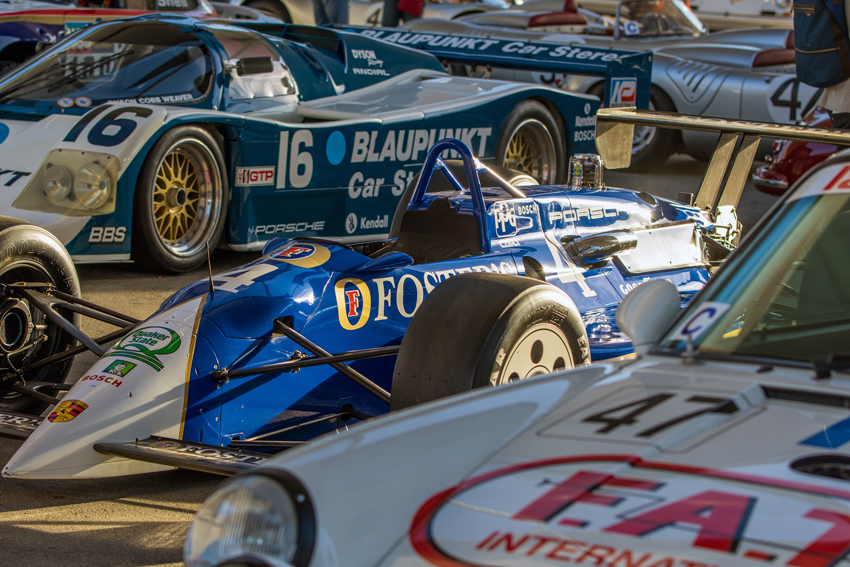
The expectation for any Porsche-sponsored event is one of…excellence. If you’ve never been to a Rennsport before, you’ve probably heard that they are over the top with legendary historic cars, drivers, and opportunities for viewing and even meeting some of your Porsche heroes.
In reality, it was far, far more. Almost unbelievable. Walking down the first couple of rows of garages in the paddock area at Mazda Raceway Laguna Seca, it started to sink in. There was Le Mans winner after Le Mans winner. Racecars from the early 1950s to present day. Prototype racers, Trans-Am cars, IMSA GTP cars, FIA Rally cars…there was more and more and more… Strolling along, you might occasionally have glanced away from the cars to see Hurley Haywood, maybe in conversation with Hans Stuck or Jacky Ickx or Derek Bell. Maybe you caught a glimpse of Patrick Long running from one driving assignment to the next. He was seen driving at least four or maybe five historic cars during the weekend…and doing interviews and autograph sessions. Or maybe you noticed Norbert Singer looking closely at one of the many versions of 956s and 962s on hand, after all they were all his children.

Aside from the factory drivers and engineers, there were dozens of other domestic star drivers and team members on hand; some of them hadn’t seen each other in 20 or 30 years. Of the more recent cars and drivers, there were a couple of 919s, and drivers Mark Webber and Nick Tandy were on hand, taking selfies with the fans. Famous Pikes Peak racer Jeff Zwart, who brought his own vintage racers to run in the event, instead worked tirelessly at his “day job,” shooting something like five different projects from the director’s seat of the ominous-looking flat black Panamera film car that looks like something out of Batman, Robocop, or even Road Warrior…
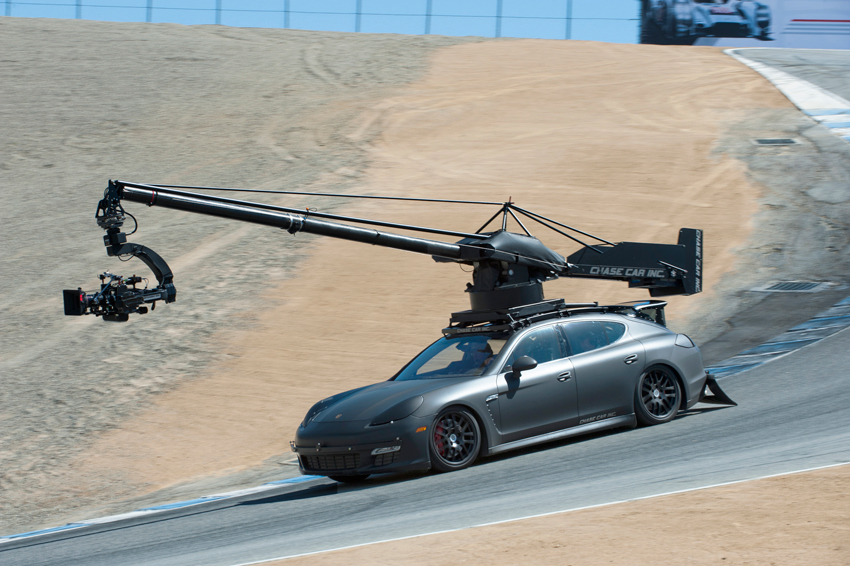
Sensory Overload?
To call it sensory overload reduces it all to a cliché. Let’s just say you would have wished for several sets of eyes and ears and the ability to be in seven or even nine locations at once. Or that, as thrilled as you were about what you had seen, you were still jealous over your friends’ social media posts from only yards away.
Even for repeat attendees – those who had attended previous reunions as far back as the first at Lime Rock – the event seemed even bigger, ever more, and always entertaining.
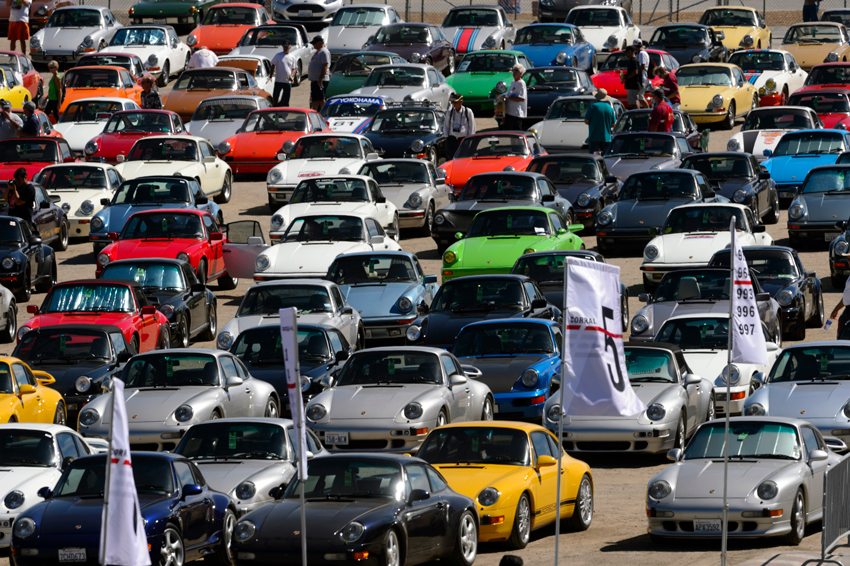
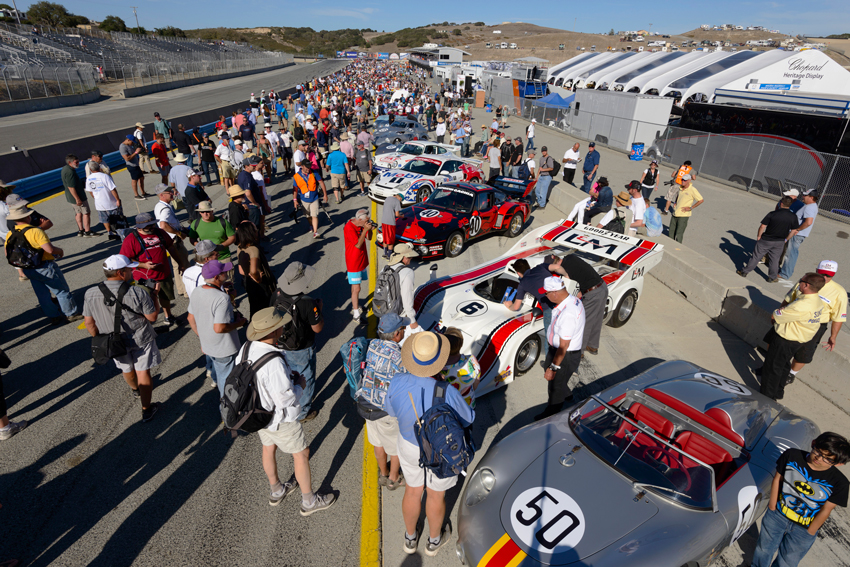
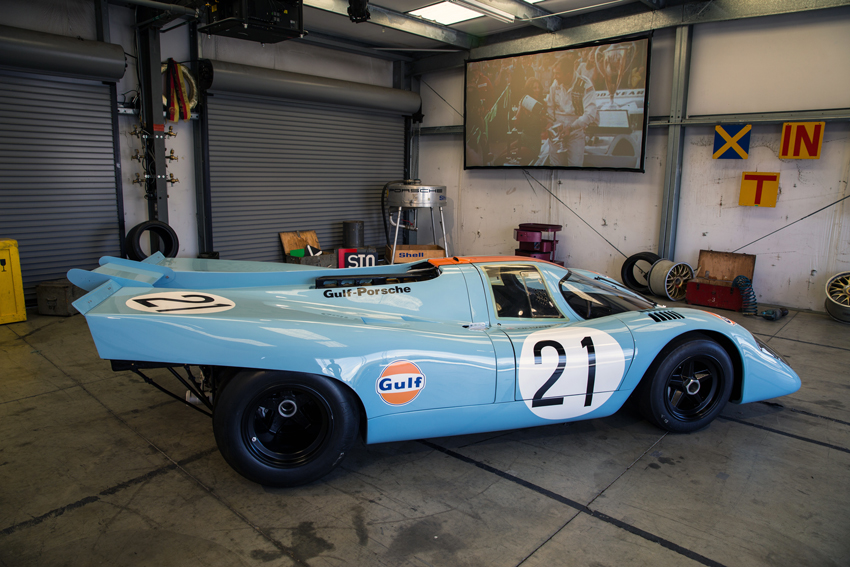
Maybe it came from seeing people you hadn’t seen since the last one in 2011. Or maybe there was a recently resurrected and restored car. Maybe it was the presentation of the 917K in a period-correct garage with no ropes keeping you from looking in and under the car. Maybe it was the ever so subtle Sauter roadster, the one with “suicide” door handles, sitting largely unnoticed by many who strolled past.
For those working the event, it was nothing less than a monumental task. Porsche brought an army of employees from Atlanta to fulfill tasks large and small, from escorting drivers and celebrities event to event, taking care of VIPs, or ensuring that the rabid fans were kept happy and hydrated while standing in line for autographs or for shuttles to and from The Corkscrew.
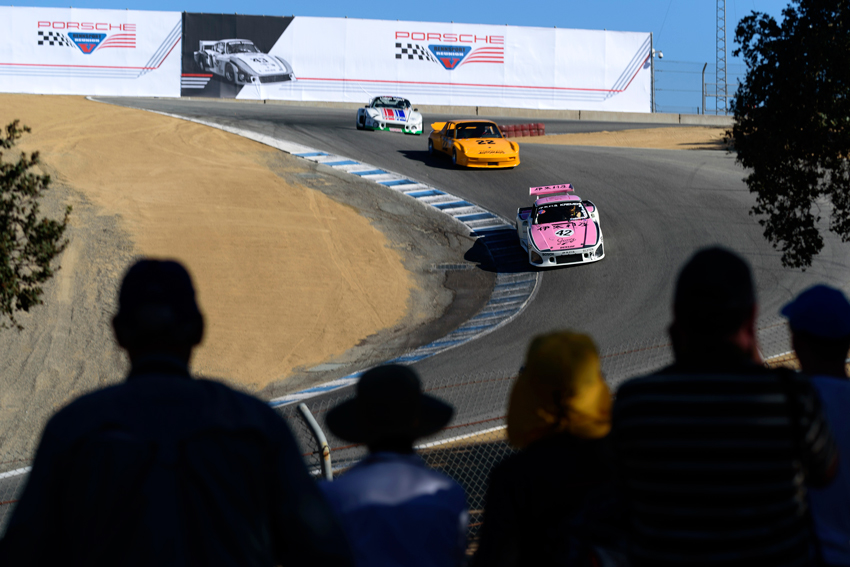
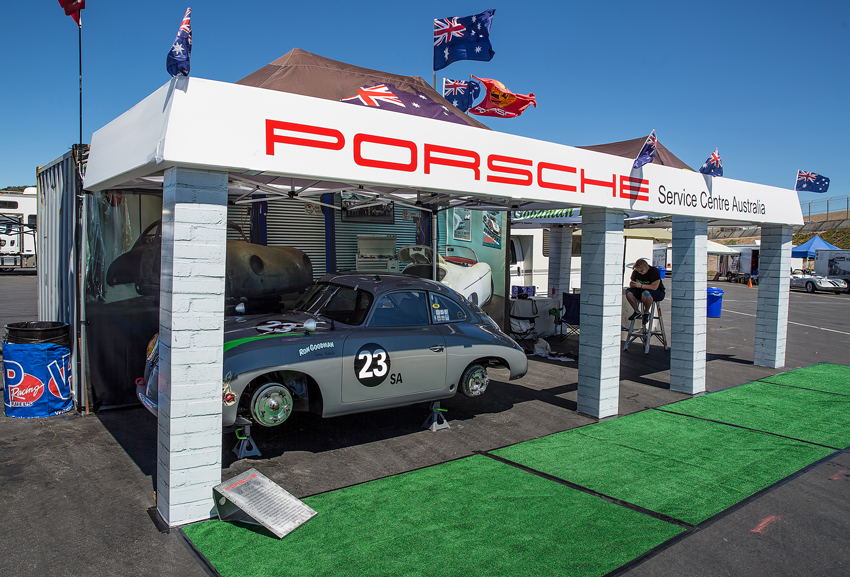
Some of the independent collectors brought four, five, six or as many as twelve cars to be displayed, some of them not-so-secretly for sale to deep-pocketed collectors of ultra-rare cars. Others were perilously running their rare-edition collector cars on the track during the vintage racing. In addition, there were dozens of club racers, overjoyed, but also more than a little stressed to be racing in front of their heroes. Along came family members, mechanics, caterers, and honored guests, all taking part in the glow of this Valhalla of Porsche motorsport. As one team owner said, “This is the most fun I’ll have for a long time. But I have some very significant guest drivers and I want everything to be perfect for them. It’s the best kind of stress you can have…” Other collectors with a single car or two and less stress were having the time of their lives. At least one Porsche had its own birthday party, complete with balloons, a rousing song, cards, and cake! In another stall, a couple was united with a car in which their marriage proposal took place…for the first time in 52 years.
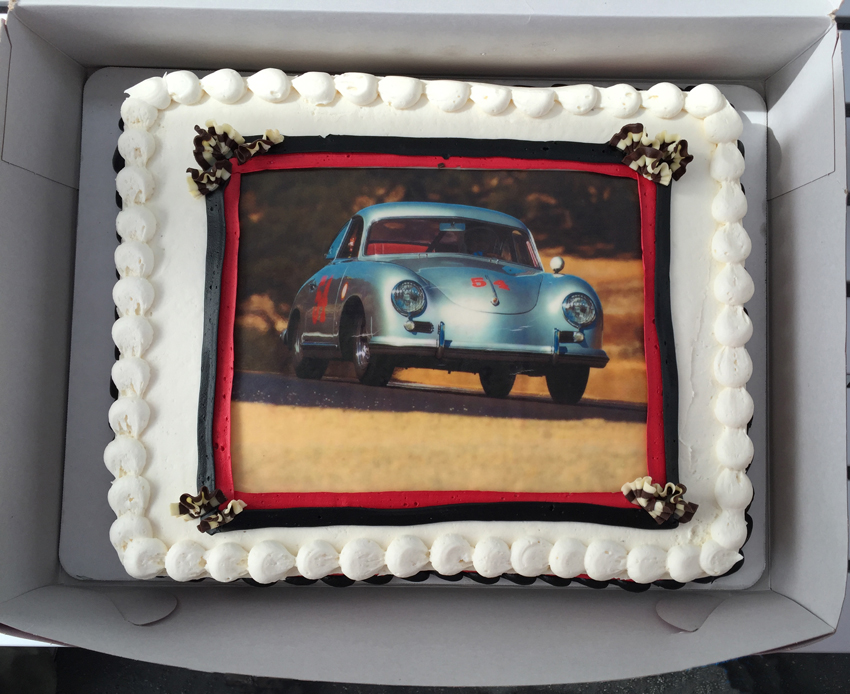
The Challenge of Rennsport
For practiced observers – those who have studied many of these cars for decades – the challenge was in finding some new approach, some angle, some aspect of the evolution of the Porsche genealogy for discovery and future research; some fodder for new research and writing. Was it to be suspension technology? Or perhaps the evolution of turbocharging since its introduction in the early 1970s? How about regenerative braking and the future of hybrid technology? Or, would it come back to that thing Porsche was so well known for from the very beginning: the efficient use of air?
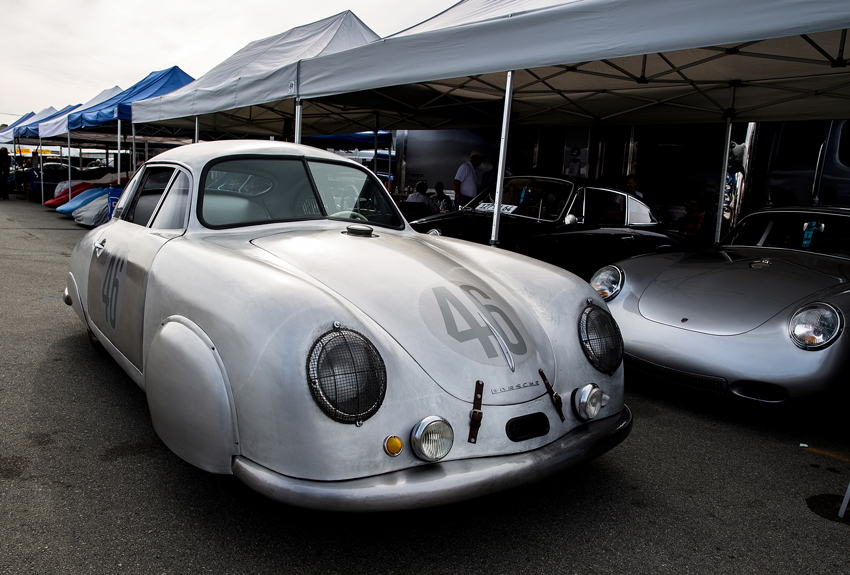
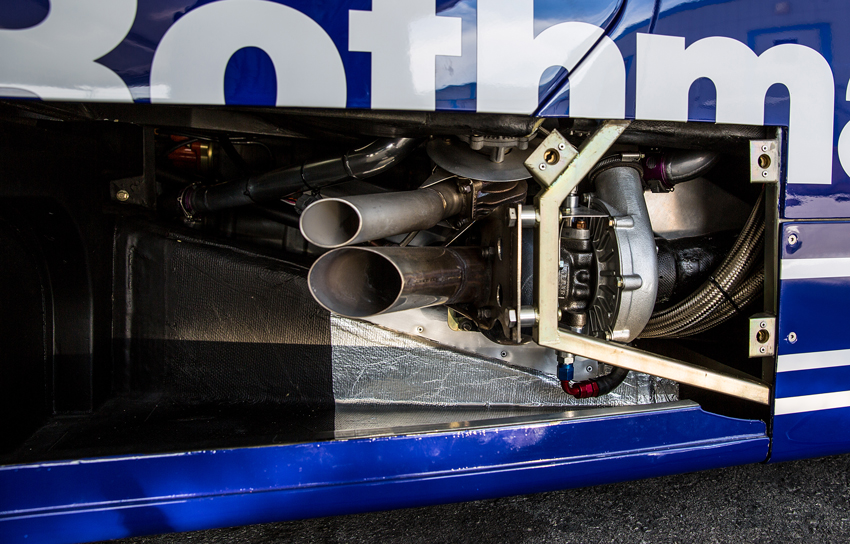
In the beginning, Porsche used engines not so different from motorcycle engines to power lightweight, smooth-bodied sports cars to unthinkable speeds against their higher power rivals. As time passed, their engines delivered more and more power from relatively small displacements, creating ever more heat. Even if one knew nothing of the engineering, all you had to do was stand behind Hurley Haywood’s 917-10 during formation of the parade laps, or look at the number of scoops and vents necessary to make the 962s an indomitable force in the 1980s. Or, to compare the shape of the 908 long tail with today’s 919 Le Mans racer and it’s evident, that Porsche’s success – for more than 60 years – has always come from understanding the realities of air. But that’s only one of a thousand angles possible among the Porsche intelligentsia. Surely a library’s worth of literature will emerge from this one event alone.
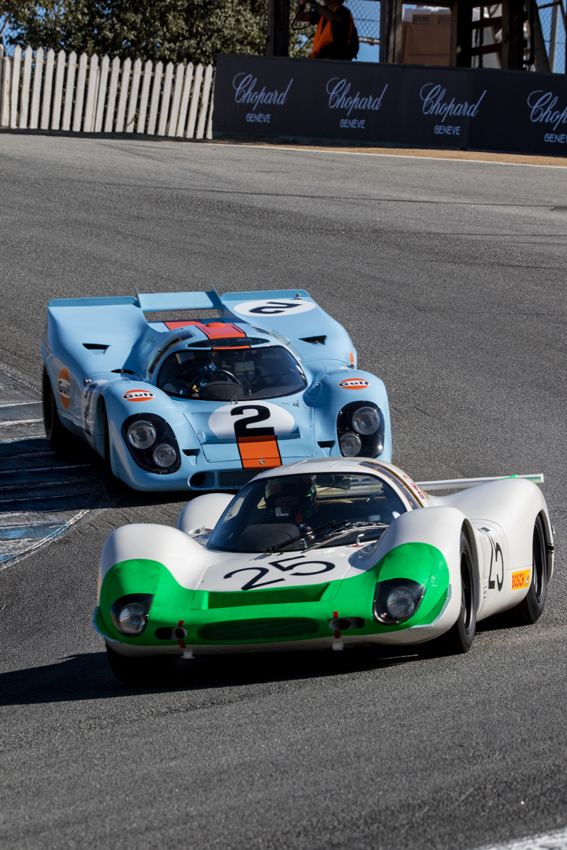
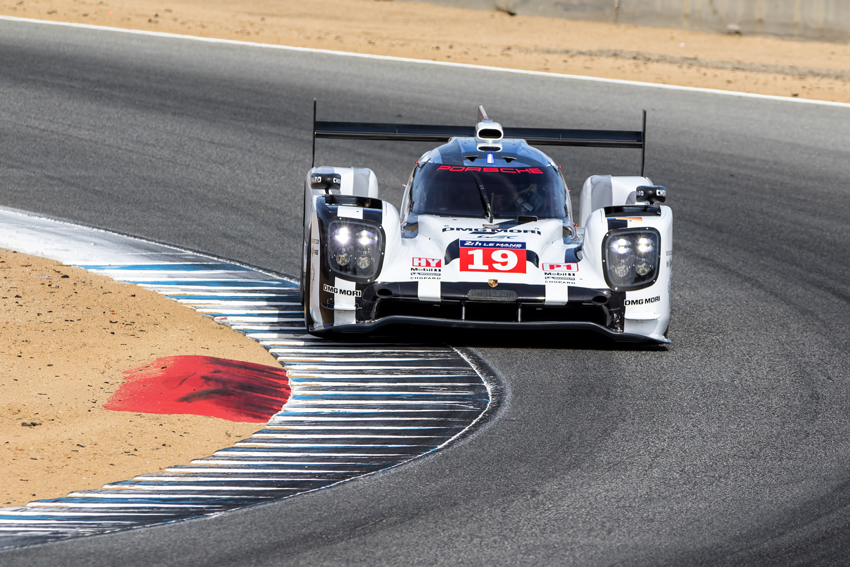
It’s hard to believe Rennsport Reunion V is just barely behind us. Yet already the seeds of expectations are germinating. We’ll rest in the glow of RRV, excited by what we saw, grateful for having been, relieved that we survived, and content with our newfound projects.
Rennsport Reunion VI? So far, far away. Yet so close. See you there?
